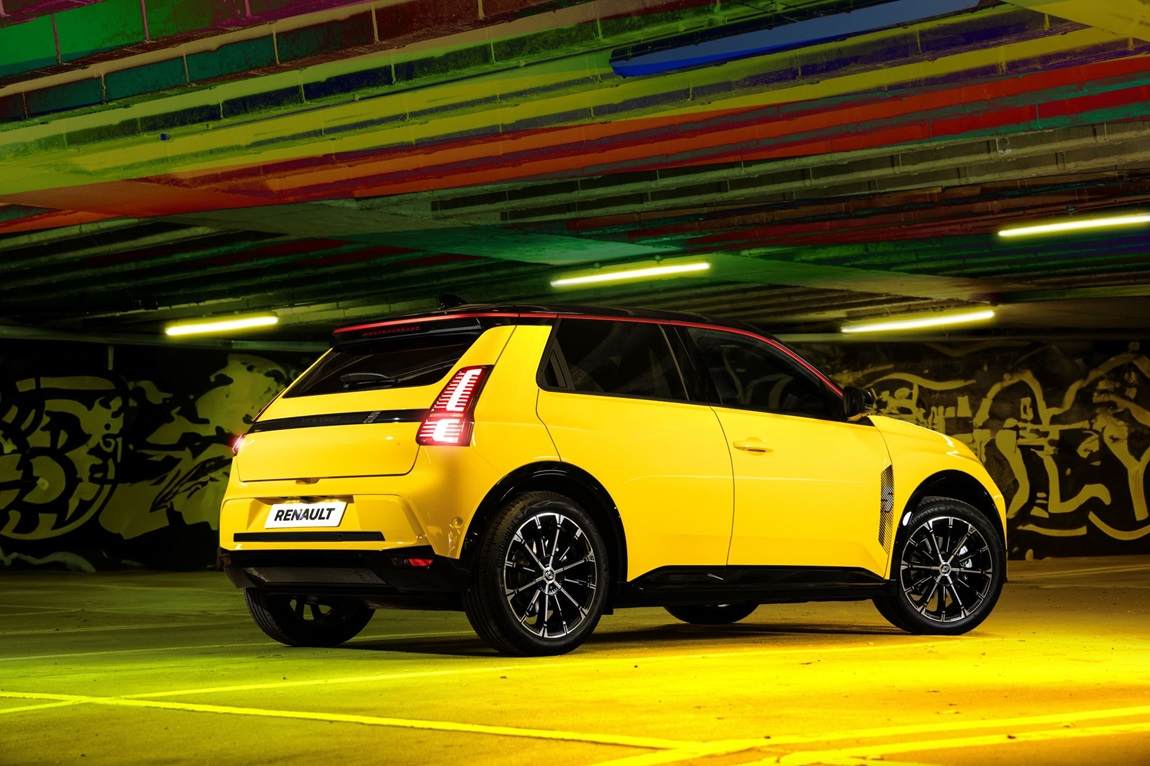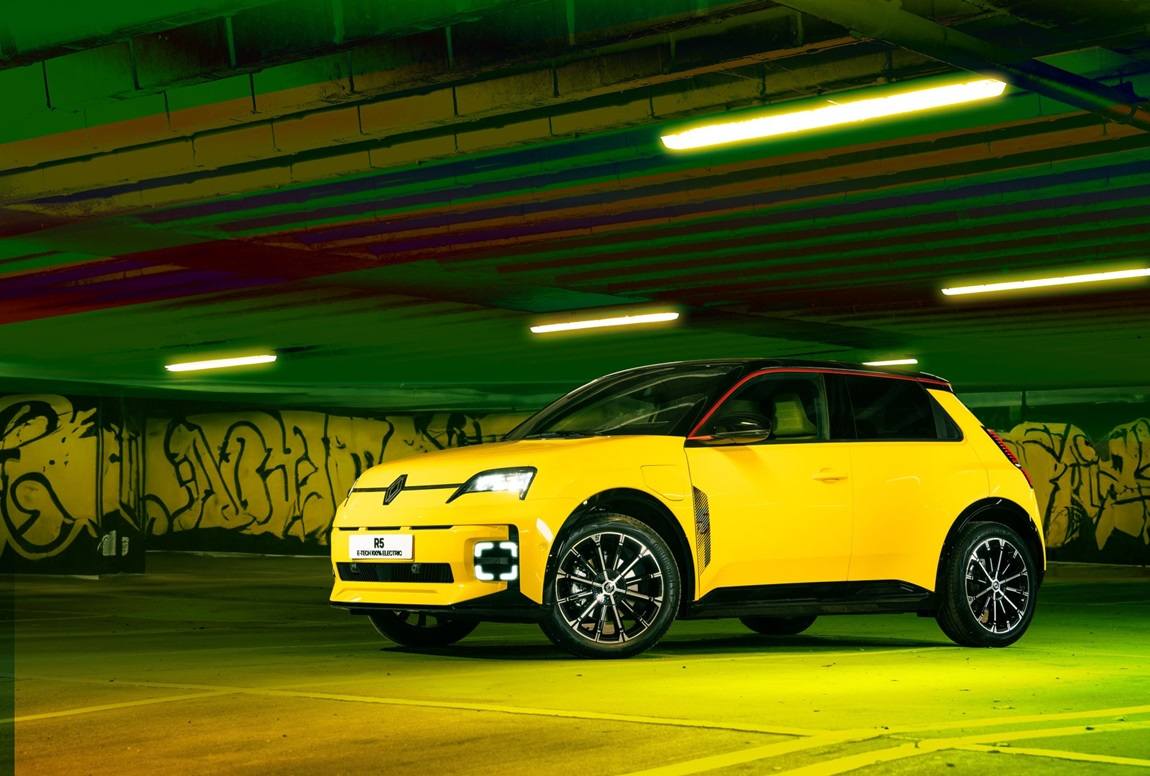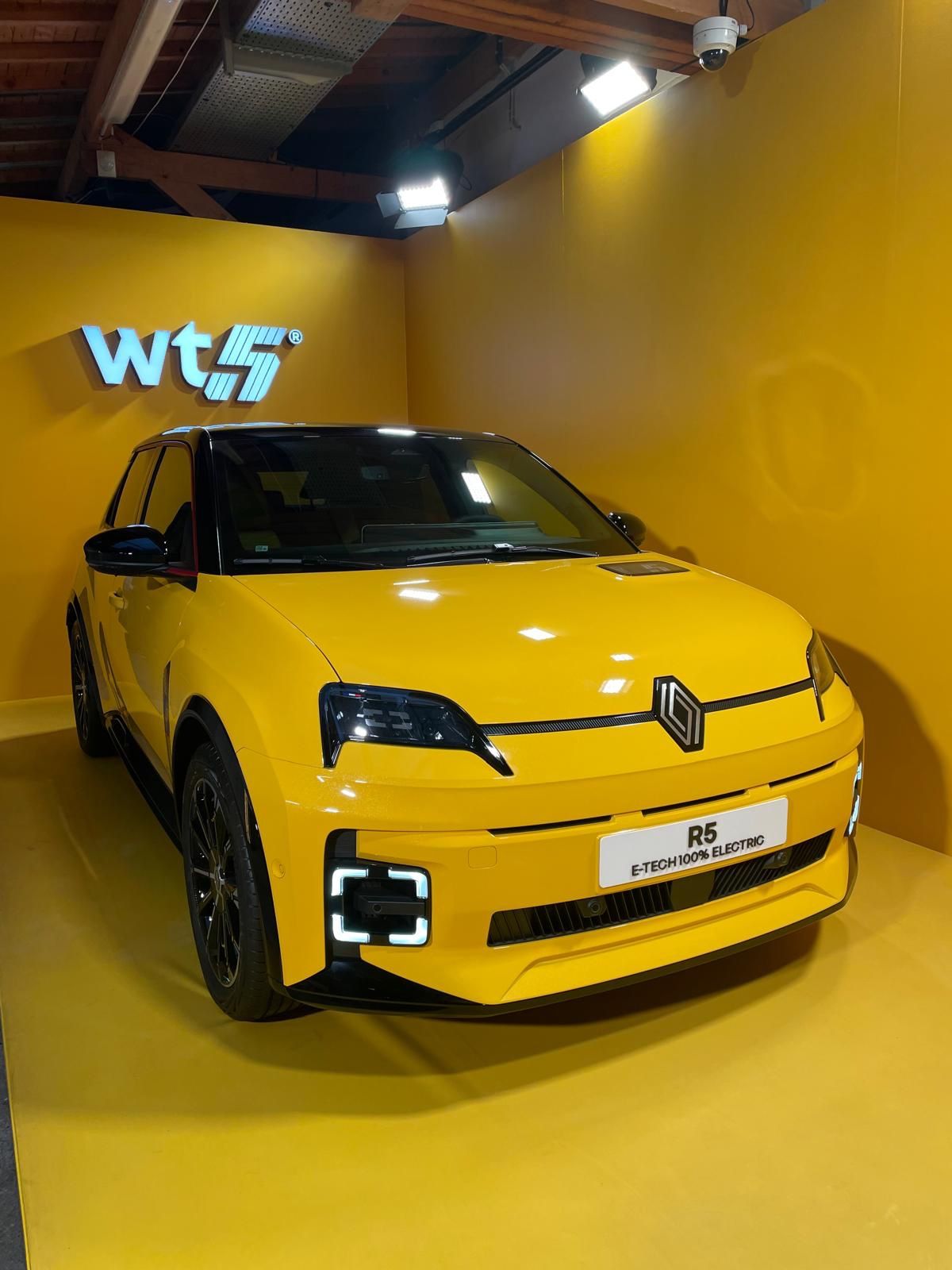
Mon-Fri 9am-5pm
Talk to our friendly electric car leasing experts now: 01942 910 001This website uses cookies to ensure you get the best experience. Learn more
Are new EVs revitalising car brands

New car brands - are they being revitalised by new EV's?
The move to electric cars gives a manufacturer a real opportunity to reinvent their brand or bring back some of their historic favourites under the guise of battery technology. With the ZEV Mandate continuing, albeit under rumours of this being amended or revised, the pursuit of all-electric technology is a mandatory obligation.
While 22% of cars sold in 2024 must be zero emission, some 28% must be zero-emission next year with 33% in 2026! This effectively means that some brands will have to seriously reconfigure what cars, and vans, are being built to adhere to these new restrictions and provisions.
Headlines surrounding Ford having to make staff redundant because of electric cars (and lack of uptake), would leave you think there may be some issue. However, this probably doesn’t quite answer the full picture, with Ford essentially creating three almost like for like vehicles in the form of the Mach-E, Explorer and Capri, when really a Fiesta or Focus EV should have been considered. It is easy to blame the battery agenda more so than the UX and designers.
Under the microscope at the moment, is the Jaguar group (BBC) who have recently (19 November 2024) taken the decision to re-brand their entire essence as part of upskilling into an electric future.
While owned by the Tata Motors group, the Jaguar group are a traditionally British brand. Their iconic cars, like the E-Type, are collectors items and many customers have remained loyal notwithstanding their recent lack of direction. While the I-Pace was a pioneer when launched in 2018 / 2019, there has been no more all-electric product since. While the combustion options limped on in the form of the E-Pace and F-Pace (petrol and diesel) the group just failed to make anything significant happen.
The XE and XF saloons fell away, while the F-Type did almost nothing at all. When you compare this to the success of the sister company Land Rover, it is somewhat strange that a decent strategy could not be put together. For us, as suppliers of electric vehicles, we were left curious about why Jaguar was not doing more in the EV market to build on the historic success of the I-Pace SUV. However, a “seismic change” is coming according to the brand, with their design and UX team completing a total rehaul of what we have understood Jaguar to be.

The car manufacturer are now more closely aligned with fashion and arts, with their unique website now setting a new direction for their customers. As can be seen, the iconic name and Jaguar cat, have been replaced for slightly new derivatives and a more imaginative approach.
Most importantly, the group have confirmed that from 2026 three new electric vehicles will be launched as Jaguar will become an electric only brand. To be written as JaGUar, the collaboration with Land Rover will proceed but on its own terms.
The upcoming Range Rover electric might be one such car to co-launch but it will actually be a four door GT model, built in Solihull (UK), which is the first innovation. The response to this new direction has not been altogether well received, with many media and news outlets referring to this as a “woke” rebrand, in light of the American marketing guru behind the change.
Many are upset with the deviation from the iconic British routes and standards, believing this to be a dangerous transition to the “now”. In contrast, others see this as a chance for electric vehicles and future innovation to ignite a fledgling company. Even the boss of Jaguar has been outspoken, suggesting that the critique is borne more out of intolerance and hatred. With just over 12 months to bring their products to market, the UK market stands divided on the future of Jaguar.

A more definitive success under the guide of electrification is the Renault group. Also hot in the press over the last couple of weeks, the French car maker has taken a brave decision to resurrect a truly iconic car.
The Renault 5 Turbo was one of the UK’s most-loved hatchbacks of the 1980s and 1990s, with even the Fast Car and Max Power generation adoring this product. Earlier this week (18 November) the group finally released for sale a modern version of this hatchback in battery form. As the group suggests, a “nod to the past” is being combined with technology, green agenda and driver safety. Leading the change will be three essential options including:
- Evolution - from £22,995 this will include 18” alloys, 10” openR media screen, air conditioning, handsfree key card, LED lights, heat pump, wireless smartphone replication, 11kW AC charging and V2L Bidirectional charging ready;
- Techno - from £24,995 this will add 10” digital driver display, Google built-in, adaptive cruise control, shark antenna, rear-view camera, central armrest, electric mirrors and V2L adaptor; and

- Iconic Five - from £26,995 this adds 18” alloys, heated steering wheel, driver lumbar adjustment, active driver assist, blind spot warning and heated front seats.
But how does the new Renault 5 perform – is it really the best EV of 2025?
Their flagship motor / battery configuration will perform as per below:
- 52 kWh 150ps - (this has a usable battery of 52 kWh which offers 110 kW (148hp), top speeds of 93 mph and 0-62 times of 8.0 seconds. Real-world ranges suggest a combined 165 miles in colder weather with warmer temperatures to allow for 230 miles (on a full charge) - combined overall at 200 miles. The 11kW AC allows for 0-100% charging times of 5 hour and 45 minutes with the 100 kW DC enabling 10-80% in 33 minutes. It has a 156 mpg equivalent, 326L cargo volume and offers towing capacities of 500kg (Braked and Unbraked). There is a heat pump on this EV. This model has Bidirectional Charging with the V2L (via an exterior 3.7kW outlet), V2H and V2G all confirmed
What is truly interesting is the build-up and exposure this car has received. Other than the Tesla Model 3 back in 2019 and 2020, we have yet to witness such positivity for a new product. It is almost certain the Renault 5 e-tech has been amazing for the French group. Indeed, the BEV is a credible replica of the historic petrol form.

Want to know more?
Head to our dedicated Renault 5 leasing deals page.
e-car lease work alongside these select finance companies:





e-car lease have a partnership and affiliation with:



Register & get new deals weekly
 Exclusive offers
Exclusive offers
 Electric-only deals
Electric-only deals
 Never miss out
Never miss out

Talk to one of our experts
01942 910 001 Email usLeasing


© Copyright 2025 e-car lease. All rights reserved. e-car lease is a trading name of CarLease (UK) Ltd, e-car lease is a credit broker and not a lender. We are authorised and regulated by the Financial Conduct Authority. Registered No: 706617. BVRLA Membership No. 1471. Registered in England & Wales with Company Number: 09312506 | Data Protection No: ZA088399 | VAT No: 200422089 | Registered Office: Kings Business Centre, Warrington Road, Leigh, Greater Manchester, WN7 3XG
Made by morphsites®












